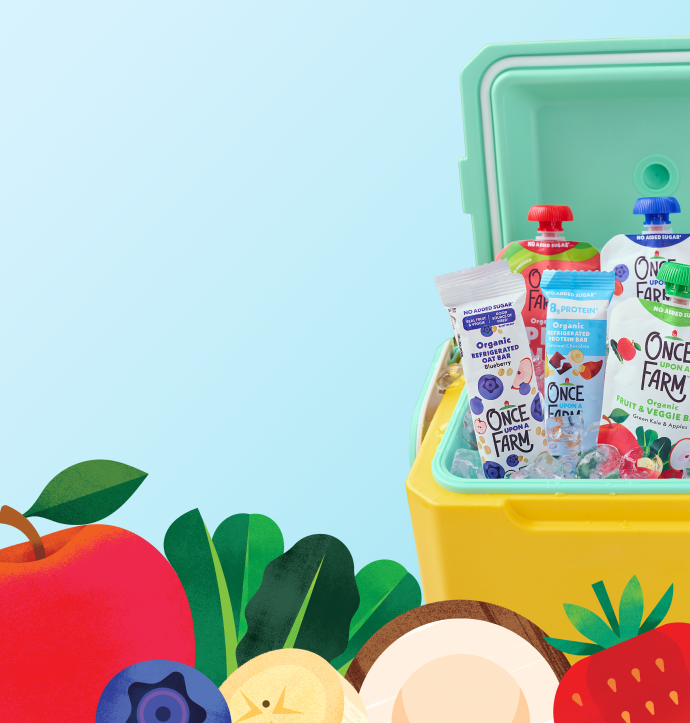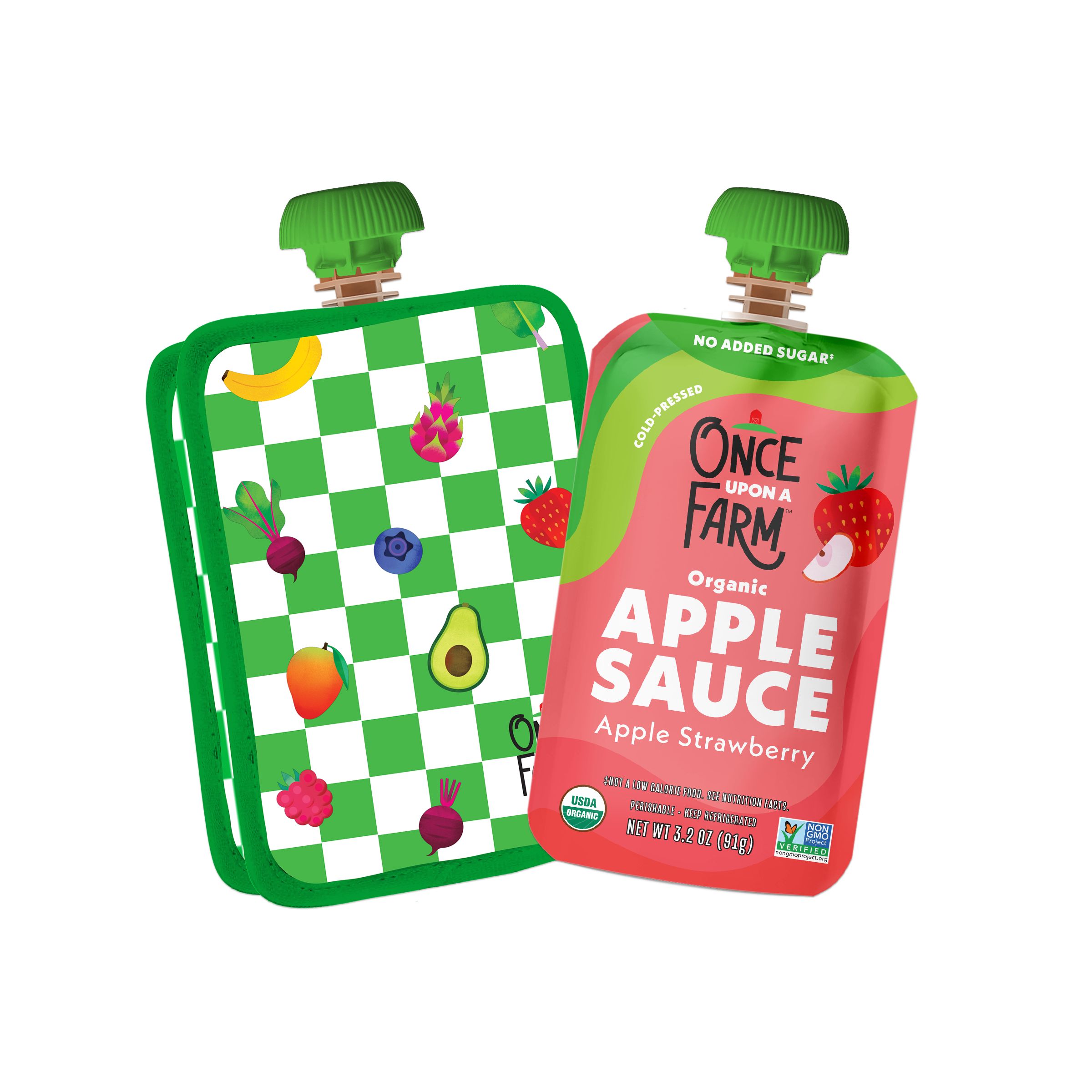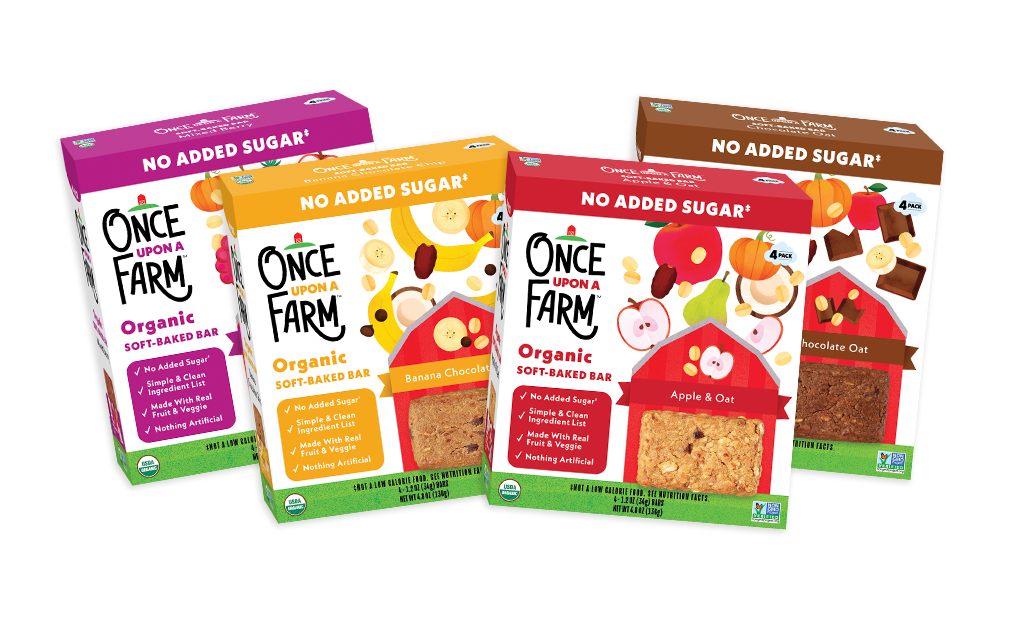How to Deal with Temper Tantrums in Toddlers & Young Kids

We’ve all heard of them. We’ve all seen them. But having to deal with toddler temper tantrums takes it to a whole new level. Welcome to the “terrible twos” or “threes” or “fours” or “fives” … Hopefully it ends there …please?
Although temper tantrums are a completely normal part of development, I dread and despise them (not sure if there are any parents that do not). They scratch my veins and make me want to throw my own tantrum, but I’ve learned that getting frustrated, at least outwardly, does not work. In fact, it makes it worse and just escalates the problem. With three girls and six years of tantrums (each one slightly different), I’ve learned a few things that can hopefully help other parents and I’m ready to share my tips and tricks with you!
Where Do Tantrums Come From?
My first daughter, Divinaka who is now six, was a little trickster. She didn’t throw any temper tantrums in those early years. I never understood what parents meant by the terrible twos – she was great! As soon as her sister was born, however, she started throwing tantrums in her own way. Not the typical “throw-yourself-on-the-floor” type of fit, but she would get really upset, whine, cry and raise her voice or stomp up the stairs if she wasn’t getting all the attention she was used to. I understand why she was upset. Her whole world was turned upside down with the addition of a new baby sister. It was a BIG change and kids don’t have all the language to express what they’re feeling, nor do they know what to do with those feelings, so it often comes out in what we perceive to be “tantrums.” In this case, her tantrums started as a cry for help.
Skyla, my second daughter, has never been a “throw-yourself-on-the-floor” type of tantrum-er either. But if either of her sisters takes something from her or she doesn’t get what she wants, she throws a fit about it. Again, I get it. It’s uncomfortable to have something that you like taken out of your hands and it’s frustrating to want something that you can’t have, but as we all know, throwing a tantrum is not the answer. It’s best to nip it in the bud when you can and the earlier you can do it, the better.
Solkaiya, my third daughter, is only 11-months-old but if one of her sisters takes something from her, she cries loudly and tries to hit. Yikes… she’s only 11 months. I’m in trouble, aren’t I?
Tantrums at different ages are brought to the surface for different reasons and therefore may call for different responses depending on the age and situation. In the examples I gave above, I dealt (and still deal) with each one a little differently. Dealing with tantrums is not fun by any means but there are methods I’ve learned from both my formal education in psychology and in my own personal life that can help tame those temper tantrums so they don’t spin out of control. Here are some tips you can use if your little one starts to have a meltdown.
Tantrum Tips for All Ages
- Make sure they’re getting enough sleep & food. The best piece of advice I can give for ALL ages in order to tame or totally avoid those temper tantrums in the first place is to make sure your little ones are getting enough sleep, eating regularly and are not eating lots of sugar and/or processed carbohydrates. Remember what it feels like when you’re tired – life is a little harder and even the little things may affect us more than usual. Unlike us adults who have more of a developed prefrontal cortex to tame our “animal brains,” however, kids do not yet have the brainpower to overcome those intense emotions. If they’re tired when a challenging emotion arises, the smaller things (like giving them the wrong color cup (how dare you?), for example) can throw them completely out of whack. Make sure they’re getting enough sleep and are napping accordingly. The same applies if they’re hungry. We know what it feels like to be “hangry.” Now apply that feeling to a kid who can’t process those emotions and the result is ten times worse. Make sure they’re getting food before it gets to that hangry point. And when it comes to what they’re eating, keep in mind that sugar and processed carbohydrates may cause inflammation and/or blood sugar swings (especially in children with pre-existing sensitivities), leading to irritability and fatigue (1, 2) that may also exacerbate tantrums. As soon as I removed gluten from my family’s diet, for example, I saw an immediate difference: more sustained energy across the day and a decrease in tantrums. A gluten-free diet may not be the answer for all, but it certainly helped with my kiddos!
Tantrum Tips for One to Three-Year-Olds
Tantrums in one to three-year-olds should be handled differently than tantrums in a four to six-year-old because one to three-year-olds don’t have as much reasoning power as a child that is a bit older. Even in a one to three-year-old, the same tactic may not work for every tantrum so it’s important to assess the situation and try different methods until you find what works.- Distraction, distraction, distraction. If you’ve done all you can to ensure your child is not tired or hungry, distraction can work like a charm. If you find them flopping on the floor, divert their attention to something else. Swoop them up before the tantrum plays out and use your tone of voice to bring excitement to a new situation. Sometimes this is enough to get them out of a frustrated headspace and focused on something new.
- Help them. Sometimes kids get frustrated if they can’t communicate what they want or if they’re unable to do something they set their mind to. Sometimes this calls for some actual help. It’s easy to get sucked into the tantrum and respond with frustration. Instead, view it as a call for help. For example, did they throw themselves back on the floor because they couldn’t get a pile of blocks to stack? If so, go sit next to them and show them how to stack them. Or if it’s too big of a challenge and they keep at it, you know to revert to option 1 above.
- Ignore it. Sometimes tantrums become a “learned” attention seeking behavior. If you’re constantly responding when a tantrum occurs, kids learn that they’ll get attention for it and will continue to act like that for the attention. If they’re using it to get what they want (i.e. you originally said “no” to getting that toy and they throw a tantrum you don’t want to deal with so that “no” turns into a “yes”), they’ll soon learn they can do this regularly to get what they want. DO NOT GIVE IN. The most important thing here is to let them have the tantrum. Yes, even if it is in a grocery store full of people. They may do it a couple of times but the behavior will soon become “extinct” if you stop giving into it.
- Give positive attention. If they’re throwing tantrums to get attention, focus on giving more positive attention when they’re NOT throwing tantrums. Did they listen when you asked them to sit at the table? Reward that behavior with a big thank you and “good job!” Did they get up and brush their teeth before bed without a fight? Another reason to reinforce and give positive attention. Before you know it, they won’t resort to tantrum behavior anymore as they’ll learn it doesn’t work.
Tantrum Tips for Four to Six-Year-Olds
Per above, tantrums in four to six-year-olds can be handled differently from those one to three-year-old tantrums. If you’re seeing tantrums in your four to six-year-olds, “emotion coaching” can work wonders because they have developed more of their reasoning capabilities and can use language a bit more to quell the frustrations that may fire up inside them.- Emotion coaching involves validating the emotion your kiddo might be feeling, communicating you can relate to it, and helping them find an alternative solution. I recently used this tactic with my six-year-old daughter. Her two-year-old sister took a small plant she had loved and taken pride in watering each day for the past few days and dropped it on the ground. When she saw it dumped out all over the ground, her first response was to run upstairs wailing and yelling. My first response was to get upset back. In my head I was thinking “she knows better than to yell like that… she always gets like this… why can’t she just get over it… it’s not a big deal, it’s a plant… this sort of response is ridiculous.” If I had reacted to all of those thoughts, we would’ve had an even bigger blow up. Instead, I caught myself and tried to put myself in her shoes. So, I looked at her in the midst of her wailing and in a calm voice said, “Yeah that sounds really upsetting and it sounds like you are really frustrated and sad. I would be sad too. I remember when I had just finished a painting that I had worked on for a while and when someone moved it, it broke. I felt upset about it. Let’s try to replant it and if that doesn’t work, we can make a new one with another plant we have.” BAM. That’s it. She moved on immediately!
If you’re a parent, you’ll most likely experience a temper tantrum from your kid(s) at one time or another. It’s really challenging to be patient and work through them calmly, but the sooner we can learn to deal with them in that manner, the more quickly they will dissipate, and we will have given our kids lifelong lessons to use in adulthood when they feel those “uncomfortable” feelings rising up.
If you have any magical tips or tricks for stopping or avoiding tantrums, please share them in the comments below!
—–
Sources
- Jackson, Jessica R. et al. “Neurologic and Psychiatric Manifestations of Celiac Disease and Gluten Sensitivity.” The Psychiatric quarterly1 (2012): 91–102. PMC. Web. 15 Aug. 2018.
- Briffa, John. “They Are What They Eat.” The Guardian, Guardian News and Media, 6 Feb. 2005, www.theguardian.com/society/2005/feb/06/expertopinions.drjohnbriffa.



















